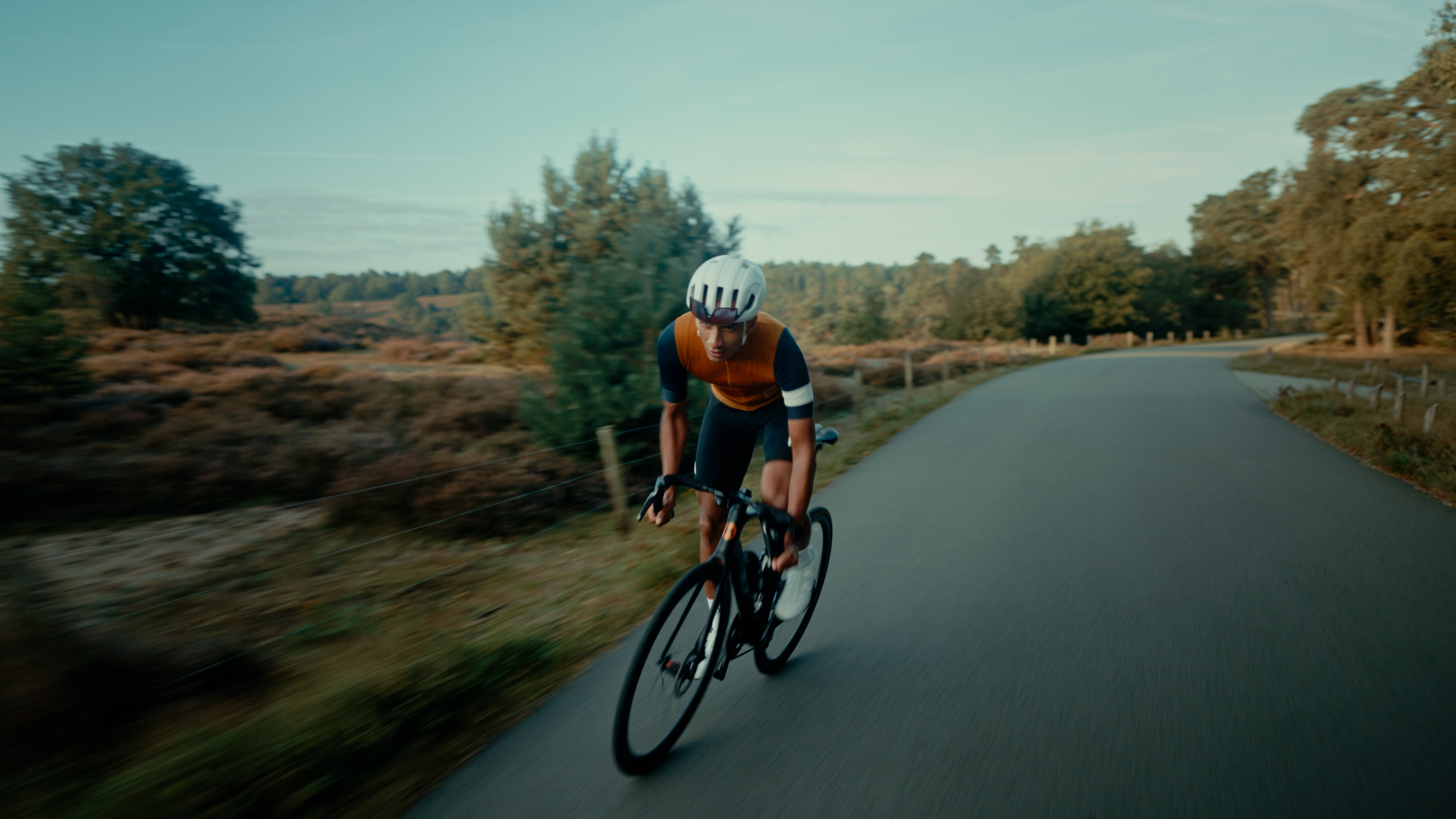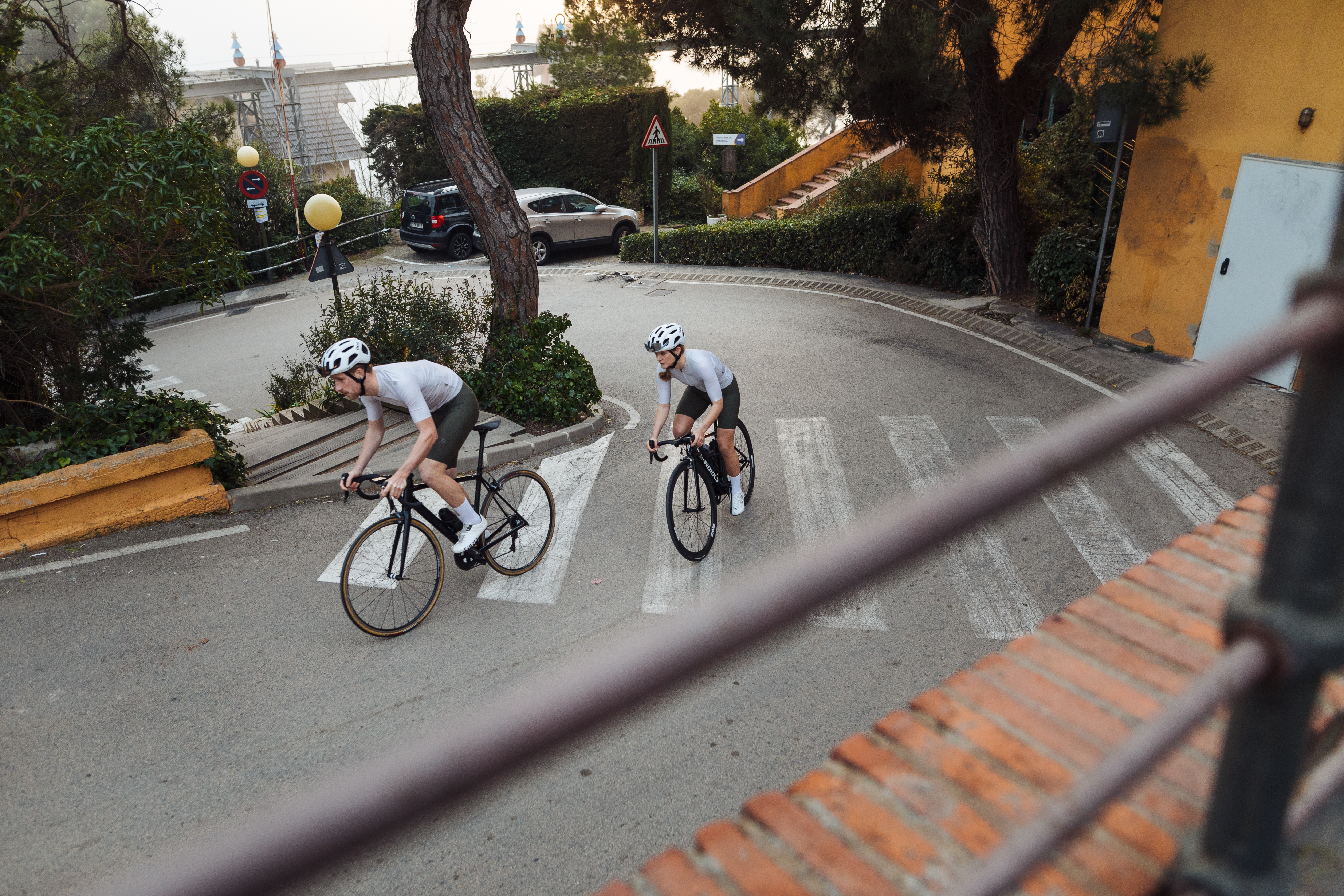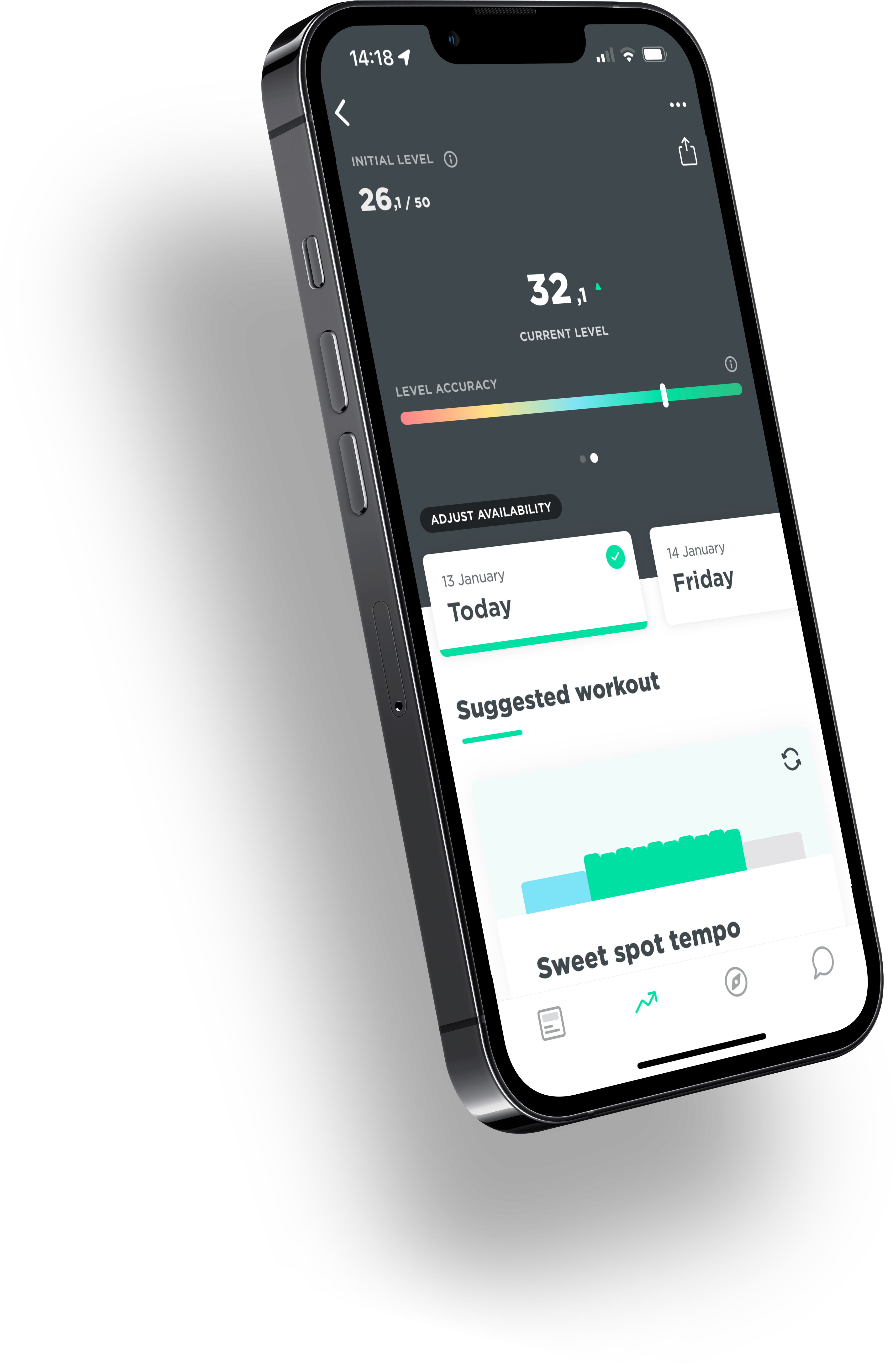With the holidays behind us and the kids heading back to school, it’s the perfect time to focus on your own goals and routines. As life settles back into a predictable rhythm, now is the moment to incorporate your rides into a weekly schedule. Whether you’re aiming for long-term performance improvements or simply seeking to maintain your fitness, establishing habits is the key to consistency, and consistency is the foundation of success in any training regime.

Why Habits Matter in Training
When it comes to cycling, or any form of training, it’s easy to get motivated at the beginning, especially when the weather is perfect or you’re excited about a new bike. But motivation is fleeting—it comes and goes. Studies show over and over again that starting a training regime is easy, but keeping it going is the hard part. Because what will keep you riding on days when you’re tired, busy, or the weather is less than ideal? Habits.
Habits create a framework in which consistency can thrive. When riding becomes as routine as brushing your teeth or making your morning coffee, it takes less mental effort to get out on your bike, even when you’re not particularly motivated. One thing JOIN takes care of is lowering the barrier of having to figure out what kind of cycling workout you have to do next. This mental effort can be quite a burden. Building strong habits ensures that riding regularly isn’t something you have to debate or think over every day; it’s just something you do.
Consistency is the Key to Long-Term Improvement
The most significant factor in achieving long-term success in cycling is consistency. You can have the best training plan in the world, but if you don’t stick to it, you won’t see results. Regular, sustained efforts—over weeks, months, and even years—lead to gradual improvements in endurance, strength, and speed.
Inconsistent training, on the other hand, leads to plateaus, frustration, and even injury. Your body needs steady stress to adapt, recover, and improve. By integrating cycling into your routine as a habit, you ensure that you’re logging those necessary hours in the saddle that will ultimately pay off in your performance.

How to Build Cycling Habits into Your Weekly Routine
Building habits takes time and intentionality, but with a few strategies, you can create a routine that works for you and your lifestyle. Here are some tips to help you establish consistent cycling habits.
Start Small and Build Gradually
If you’re trying to make cycling a regular part of your life, don’t overwhelm yourself by attempting to ride long distances every day right from the start. Instead, start small. Set a goal to ride three days a week, even if it’s just for 45 minutes. Once this becomes a habit, you can gradually increase the duration, and intensity of your rides. The key is to make it sustainable and frequency first
Schedule Your Rides Like Appointments
Treat your cycling sessions like important meetings or appointments. Block out time in your calendar and stick to it. If you know that mornings work best for your energy levels and schedule, commit to riding before the day gets too hectic. By treating your rides as non-negotiable commitments, you’re more likely to stay consistent.
Create a Routine Around Your Rides
Build routines that support your cycling habit. Know what the plan of your ride will be. You don’t always have to do intervals, but at least know what you’re heading out for. Lay out your gear and nutrition the night before so you’re ready to go as soon as you wake up. Make sure your bike is in check. Plan your post-ride recovery snacks or meals in advance. Creating rituals around your rides helps reinforce the habit and makes it easier to stick with your plan.
Find Accountability
In some way sticking to your plan in JOIN works but having a physical human being to hold you accountable can be also a powerful motivator. Join a cycling club, find a training partner, or even share your goals with a friend or family member. When you know someone is expecting you to show up for a ride, it’s harder to skip it. Also doing a structured interval session together can be a great way to keep you motivated.
Be Flexible but Committed
Life will inevitably throw you curveballs, and that’s okay. It’s important to be flexible with your training while staying committed to your overall goals. If you miss a ride, don’t let it derail your entire week. Adjust your schedule if necessary, but keep your long-term objectives in mind and get back on the bike as soon as possible.This is of course where JOIN’s key functionality comes into play. Missing a workout is definitely not the end of your training plan, which is the case in most training plans out there.
Celebrate Progress, Not Perfection
Building a habit takes time, and it’s important to celebrate your progress, even if it’s not perfect. Every ride, no matter how short or slow, is a step toward building a consistent cycling habit. Recognize your efforts and improvements, and remember that consistency over time will yield the results you’re looking for. For everyone it takes a different amount of time to build strong habits, but a persistent theory claims that it takes 21 days. Most research shows on average around 66 days so about 10 weeks might be more realistic.
The Long-Term Payoff
Building habits isn’t just about making it easier to ride your bike every week; it’s about setting yourself up for long-term success. By incorporating cycling into your routine in a sustainable way, you’ll see gradual improvements in your fitness, endurance, and overall performance. More importantly, you’ll develop a love for the process, which is the key to staying committed for the long haul.
So now that the kids are back to school and routines are falling into place, seize the opportunity to prioritize your cycling goals. By building strong habits and staying consistent, you’ll lay the foundation for a successful and rewarding cycling journey.


